A commentary on “revolting” practices through the ages from a dog’s perspective.
Disgust
“How revolting, ” is a phrase said many times throughout the course of our canine/human relationship. Yes, some of your habits are quite disturbing to us. I bet you thought I was talking about dogs for a minute there didn’t you? It’s ok! It’s typical for one group to judge another group poorly regarding their different values, especially in reference to bodily functions. It’s really pretty funny how some of our practices and responses are similar. Understanding why we have done what we did, and possibly continue to do is quite enlightening and thought provoking…that is if you’re not vomiting. Strap in for the wild ride of “disgust” in all its gory.
Speaking of vomit…yep we know, we are ridiculed often for eating our own throw-up and often the throw-up of others. To explain this behavior, a prevailing theory is related to how a mother dog transitions her pups from nursing to solid food by regurgitating food partially chewed for her babies. In other words, we can’t really help ourselves. Be grateful this is not your way because the face of restaurant dining would look a lot different!
Let’s talk about the human disgust response. Chances are, the sensitive members of the group have probably already felt it surface. It’s rather interesting that similar facial disgust responses are expressed through mammals and even birds. If you turn to your mates and present something gross, you will see the upper lips curl up, facial grimaces, and nose wrinkling with an extended tongue. All of these physical reactions signal extreme displease. The instinct of disgust is thought to be almost universal in nature. The theory is that the body instinctively knows it is better to avoid contamination than fight the infection afterwards.
In humans there are really two types of disgust, instinctual and cultural. Instinctual disgust refers to the awareness of anything that could cause illness or disease upon entering the body. Spoiled dairy and meats, food stuffs, poisonous plants, animals, even insects that would cause harm to your system are some examples. Disgust is built in to keep you safe. Cultural disgust is often more seen as taboos. Some top examples would be not looking for dates at family reunions, (unless of course you are royalty), cannibalism, and killing family members. Basically, you aren’t allowed to invite Uncle Waldon as the main course while you flirt with cousin Marge. Often the group’s taboos revolve around saving the soul as well as keeping the gene pool safer.
It is fascinating that people with more intense disgust reflexes also gear towards anxiety disorders. Pregnant women tend to experience greater disgust because their bodies have had to slow down the immune response for their babies welfare. They become more selective about what pathogens might enter their bodies and harm their fetus.
The Relativity of Disgust to be continued…



